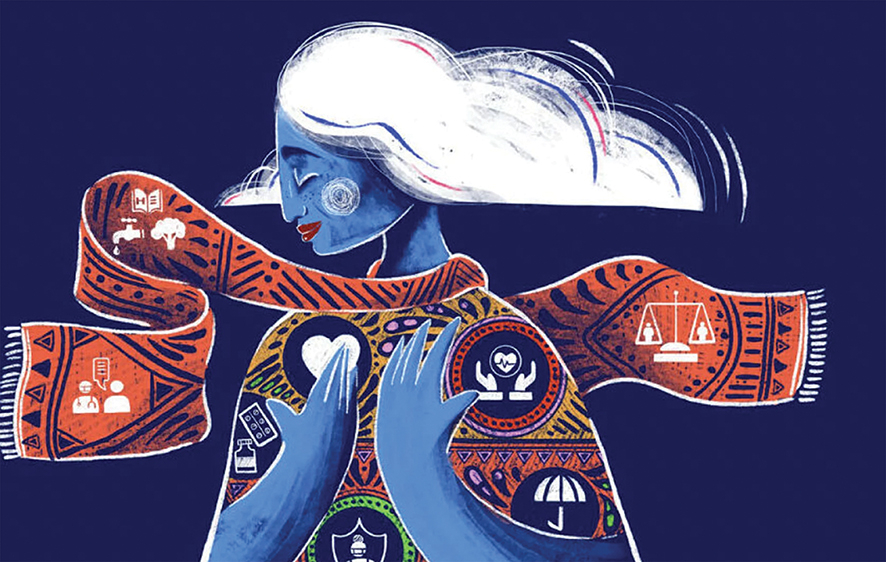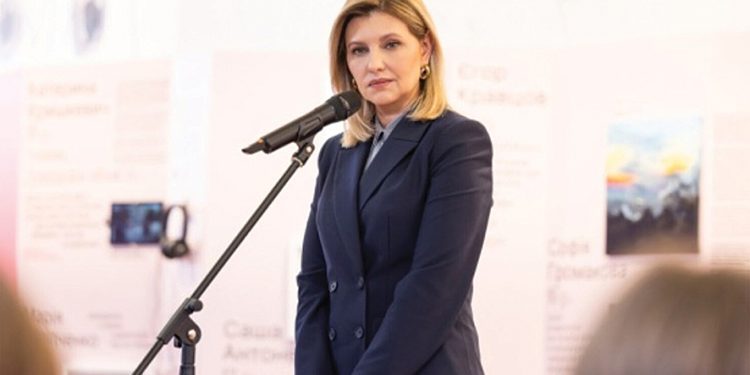People often engage in discussions about the most important aspects of life – success, money, family, friends, or career. However, one crucial element is often overlooked: health. We tend to neglect the importance of our well-being, setting other priorities and often undermining our health. On 7 April, we celebrate World Health Day, established to mark the anniversary of the founding of the European World Health Organization (WHO) in 1948. In 2024, the theme of World Health Day was ‘My health, my right’, a slogan which aims to ensure access to quality health services regardless of location, or social or economic status.
Despite the recognition by 140 states that health is a fundamental right, access to that right and to the health and educational services necessary to safeguard it, is still dependent on the successful implementation of laws and treaties. Furthermore, it is essential to distinguish between different types of health, since both physical and mental health are equally important aspects of overall well-being.
According to the WHO, over half the world’s population, more than 4.5 billion individuals, did not have access to essential health care, either in terms of physical or mental health, in 2021. This disparity underscores the urgent need for global action and initiatives which can be rolled out effectively through collaboration between proactive youth, communities, and projects such as the Young European Ambassadors.
At the same time, it is also crucial to acknowledge the important role played by intergovernmental organizations in addressing global health challenges. Their actions and initiatives play a significant role in complementing efforts at national and local levels. Health is indeed an investment, and the European Union’s commitment to this principle is evident through initiatives like the EU4Health program. With a substantial budget of €5.3 billion allocated for the 2021-2027 period, this unparalleled financial support sends a clear message that public health is a top priority for the EU, as it lays the foundations for the establishment of a European Health Union.
One notable initiative under the EU4Health program is the Joint Action ImpleMENTAL, which aims to implement best practices in mental health across Europe. Involving 21 member states and supported by a financial contribution of €5.4 million, JAImpleMENTAL constitutes a collaborative effort to address mental health challenges.
But it is important to recognize that it is not only institutional actions that can have an impact. Small, local projects can enable each of us to make a difference through educational and awareness campaigns around sustainable health development. I had the privilege of being an ambassador for a remarkable UNICEF/UNESCO collaboration called ‘The World’s Largest Lesson.’ This initiative aimed to educate students in small communities about the United Nations 17 Sustainable Development Goals (SDGs), with a particular focus on Goal 3: Good Health and Well-Being, as well as Goal 13: Climate Change Action, something which has become an urgent priority after the damage done to the environment during COVID-19.
The EU4Health program has a substantial budget of €5.3 billion allocated for the 2021-2027 period
I conducted interactive activities with more than 200 students, engaging them in discussions about ways of improving their physical health through the everyday presence of sports in their lives, as well as the significance of mental health, something which, in my experience, was often neglected during primary and middle school. The impact of these educational campaigns was palpable. I witnessed firsthand how this kind of awareness-raising about disease prevention, healthy lifestyle choices, and the importance of early disease detection, was very relevant to the young participants.

There have been concerted efforts by Ukrainian organizations to address the mental health challenges created by the prolonged consequences of the Russia-Ukraine war, in particular the impact of events such as the occupation of territories, losses of close family members, bombing of civilian infrastructure, captivity, and emigration. One example is the ‘How are you?’ initiative under the All-Ukrainian Mental Health Program, organized by Ukraine’s First Lady, Olena Zelenska. This campaign aims to foster a culture of caring for our mental health, offering understanding and the tools to help Ukrainians care for their inner well-being during a time of war. In the Volyn region, where I come from, the initiative has involved a comprehensive mapping of mental health services across 496 establishments. Over 100 educational events and training opportunities have been organized to raise awareness. As a native of the Volyn region, I am proud of the efforts made by volunteers and institutions to implemented other initiatives, such as the Coordination Center for Civilian Support, established to focus on mental health and psychosocial support. Twenty healthcare institutions in this region have been designated as providers of psychiatric care. By promoting awareness of and access to mental health services, as well as empowering individuals with resources to care for their own well-being, Ukrainian organizations are building the way for a healthier and more resilient society, at the same time as they are promoting the goals of World Health Day and the slogan “My health, my right”.
Global initiatives to ensure access to quality healthcare for all, regardless of location or socioeconomic status, can be a very effective way of confronting challenges to health and well-being. Through measures such as the EU Health program and JAImpleMENTAL, intergovernmental organizations are addressing health challenges and promoting better mental health across Europe. Additionally, local, smaller-scale actions, such as my involvement in ‘The World’s Largest Lesson,’ raise awareness and empower younger generations to prioritize their health.
World Health Day 2024, on 7 April, with the theme ‘My health, my right,’ serves as a reminder that health is not just the absence of disease, but a state of complete physical, mental, and social well-being. Through collective action and solidarity, we can achieve universal access to healthcare services, promote health equity, and foster healthier and more resilient communities worldwide.
Blog by Iryna Snytiuk for euneighbourseast














